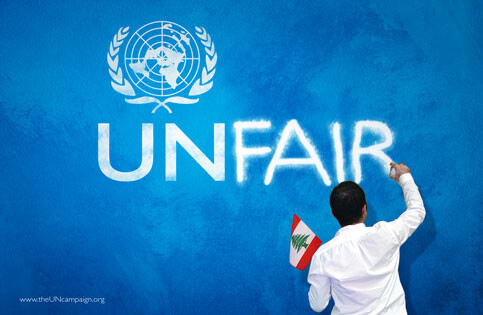IRIN 11 August 2006

NEW YORK — The United Nations Security Council voted unanimously Friday evening to immediately end the month-long hostilities between the Lebanese militia Hezbollah and Israel.
Ghanaian Foreign Minister Nana Addo-Dankwa Akufo-Addo, who chaired the meeting, said he believed the resolution strengthened the hand of the international community and was “a clear signal to those involved in the hostilities that the world is united, on the way forward, and out of this crisis.”
UN Secretary-General Kofi Annan told Council members before the vote he was “relieved” but summed up international frustration. “I would be remiss if I did not tell you how profoundly disappointed I am that the council did not reach this point much, much earlier,” he said in the open meeting that included seven foreign ministers.
“Too many of the victims have been children. In fact, more children than fighters have been killed in this conflict. Israeli bombing has.destroyed dozens of bridges and roads, with the result that more than a 100,000 people cannot reach safety, nor can relief supplies reach them,” said Annan.
Annan added that Hezbollah, the Lebanese militia, has disrupted thousands of live across the border in Israel, as it “launched its fire indiscriminately, to sow the widest possible terror, making no effort to distinguish between civilian and military targets.”
Many of the ministers in attendance agreed with US Secretary of State Condoleezza Rice when she told Council members before the vote that “our most pressing challenge now is to help the thousands of displaced people within Lebanon to return to their homes and rebuild their lives.” She announced an immediate increase of US$50 million in US humanitarian assistance to the Lebanese government.
The resolution calls for a “full cessation of hostilities” by Hezbollah, and offensive military operations by Israel. This would be followed by the government of Lebanon and the UN Interim Force in Lebanon (UNIFIL) deploying their forces together throughout south Lebanon.
As that joint deployment begins, the resolution calls upon Israel to withdraw all of its forces from southern Lebanon in parallel.
Lebanese Special Envoy Tarek Mitri, expressed some concern to Council members before the vote. “[T]he Lebanese are not confident in [the] Israeli distinction between “defensive” and “offensive”. The end to military operations should be unqualified.”
Israeli concern centered on the risk of a military vacuum between the withdrawal of Israeli troops and the deployment of Lebanese-UNIFIL forces.
“We will not create a situation where there is nobody in Lebanon, we will stay there to make sure that the international [UNIFIL] force is deployed. we will make sure that there is no Hezbollah between the Litani River and the Blue Line, we will be the happiest to leave,” said Israeli Ambassador Dan Gillerman after the meeting.
The mandate of the present UNIFIL force will be expanded to 15,000 troops and extended for one year. The text also allows for the consideration of another resolution that would include “further enhancements to the mandate and other steps to contribute to the implementation of a permanent ceasefire and a long-term solution.”
“Though it will bear the same name, this will not be the same force. It will be an enhanced UNIFIL,” said Rice.
French Foreign Minister Philippe Douste-Blazy said that the UNIFIL mandate was “not to impose peace.” Instead, the force would be tasked to do more than its current mandate of monitoring the cessation of hostilities, ensuring that the Israeli-Lebanese border or the Blue Line was not breached and the ceasefire respected.
“UNIFIL will assist the Lebanese government deploying its army in the south, providing humanitarian aid to populations, [and] helping the displaced return home,” he said. France, already represented in the current force, will possibly contribute additional troops for the expanded force, he added.
With a view to facilitating a long-term solution, the resolution includes a provision for the UN Secretary-General to develop proposals for the delineation of the international borders of Lebanon within 30 days.
Rice maintained that with the deployment and withdrawal of troops a full ceasefire would go into effect. “And the Council has said it intends to adopt another resolution with further measures to help that ceasefire become permanent,” she said.
Another major provision is the US-brokered, Israeli-sanctioned call that “no weapons” shall be held or transported over the borders of Lebanon without the consent of the Lebanese government.
Mitri said that the Lebanese Council of Ministers will convene urgently on Saturday to consider the resolution. Israel will consider the council resolution on Sunday.
This item comes to you via IRIN, a UN humanitarian news and information service, but may not necessarily reflect the views of the United Nations or its agencies. All IRIN material may be reposted or reprinted free-of-charge; refer to the copyright page for conditions of use. IRIN is a project of the UN Office for the Coordination of Humanitarian Affairs.
Related Links